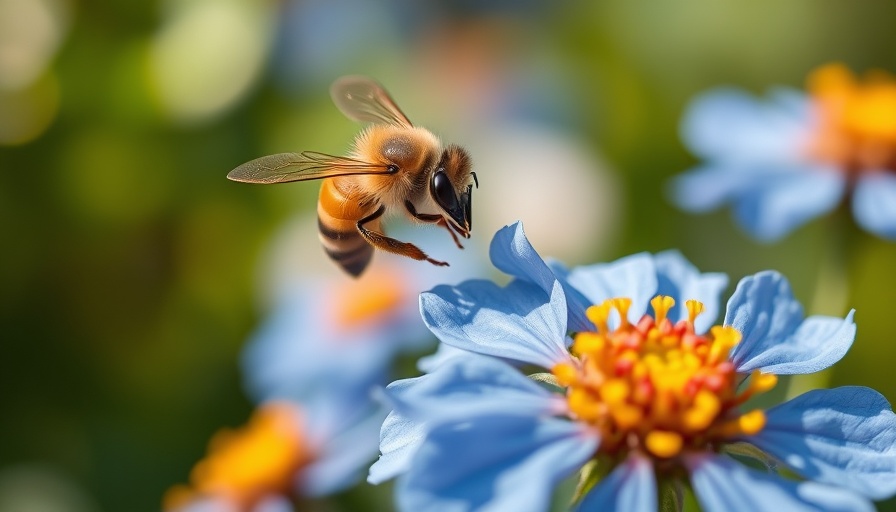
The Importance of Bees in Our Ecosystem
Bees play a crucial role in sustaining our ecosystem. As pollinators, they are responsible for the growth of a significant portion of our food supply and the beauty of our gardens. Without bees, we would see a drastic reduction in the availability of various fruits and vegetables, ultimately affecting human diets and environmental health. Alarmingly, bee populations have been declining dramatically due to habitat loss, the use of pesticides, and climate changes. Studies show that annual honey bee colony losses can range from 40-70%. Creating a haven for these pollinators is not just beneficial for our gardens; it is essential for promoting biodiversity and ecological balance.
Diverse Planting: Key to Attracting Bees
To attract bees to your garden, diversity is key. Planting a variety of flowering plants ensures that bees have access to food in different stages of their life cycles. According to experts like Laura Rost from Bee City USA, native plants are especially effective as they are adapted to local environments and offer the most nutrition to bees. Flowers that bloom at different times during the growing season provide consistent food sources, keeping bees flourishing and your garden vibrant.
Be Mindful of Pesticides
Pesticides pose a significant threat to bee populations, contributing to their rapid decline. Experts recommend reducing or eliminating the use of chemical pesticides in favor of natural alternatives. Employing methods such as introducing beneficial insects—like ladybugs and lacewings—can naturally keep pest populations in check. Additionally, using insecticidal soaps or other non-toxic options can help manage pests without harming the bees or overall ecological health.
Gardening with Wildlife in Mind
Redesigning your garden to support a broad range of wildlife is a powerful way to contribute to the ecosystem. This might involve incorporating plants that are not your usual favorites, or adding water features to support pollinators and other wildlife. Creating spaces within your garden that can serve multiple species helps in sustaining local biodiversity, making gardens not just beautiful, but profoundly capable of supporting life.
Future Trends in Bee Conservation
As awareness grows about the plight of bees, more resources are being dedicated to their conservation. Community initiatives and educational programs focus on promoting bee-friendly gardening practices and the creation of pollinator gardens in urban areas, schools, and public parks. This not only fosters environmental awareness but also encourages collective action toward preserving bee populations for the future. Implementing these strategies at a community level can lead to significant impacts on local bee populations and ecosystems.
Living in Harmony with Bees
Incorporating these practices in your gardening routine not only benefits bees but also enhances the overall beauty of your outdoor space. A vibrant garden filled with diverse flowers not only looks appealing but also serves an important purpose—supporting the polinators that keep our food systems healthy. Understanding the underlying challenges facing bee populations and actively engaging in conservation efforts create a sustainable future for both bees and humans. Remember, every small action collectively makes a large difference.
 Add Row
Add Row  Add
Add 




Write A Comment